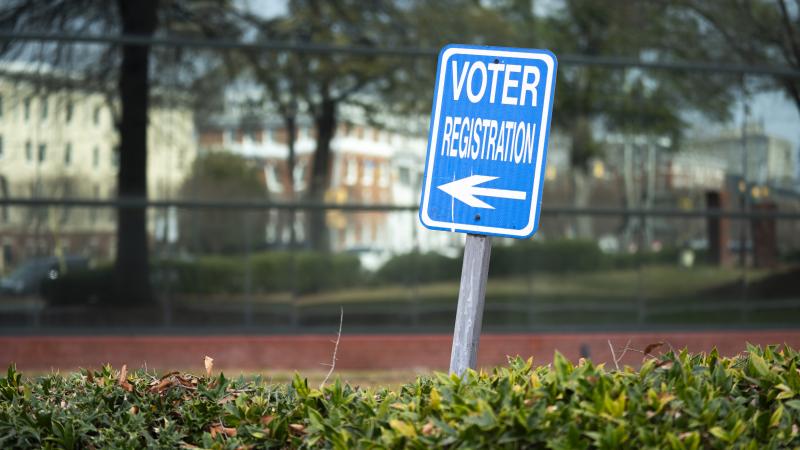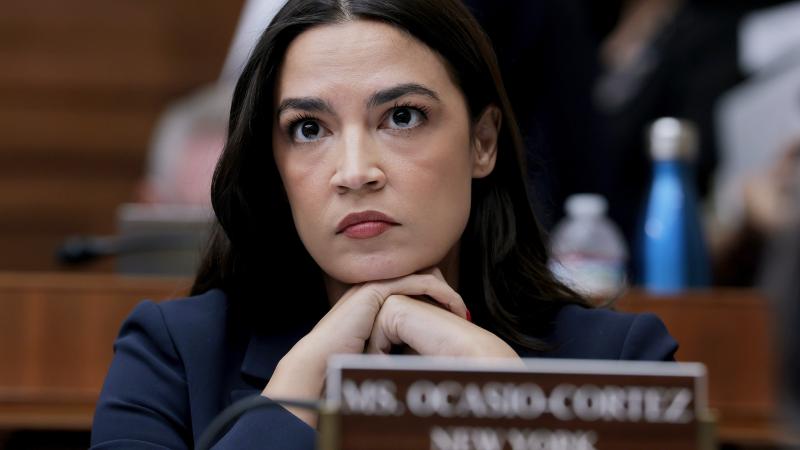Michigan lawmakers want utilities banned from making political contributions
Wegela said utilities focus too much on funding politicians who make energy laws and not enough on improving the electric grid to avoid frequent power outages.
Some Michigan lawmakers want to ban utilities from making campaign contributions.
"We need to break the stranglehold that utilities have over our legislature and give the power back to the people,” Rep. Dylan Wegela, D-Garden City, said in a news conference.
Michigan's main two electric and gas providers are DTE Energy and Consumer's Energy.
Wegela said utilities focus too much on funding politicians who make energy laws and not enough on improving the electric grid to avoid frequent power outages.
“Michigan are you tired of losing your power? How did it get this way? A big problem is Money in politics,” Wegela posted on social media. “A report in 2021 showed that 93% of Michigan lawmakers have taken money from DTE. “
House Bills 5520 and 5221 aim to ban utility contributions to public action committees and ban the use of revenue as a donation to a 501(c)(4) that engages in campaign or lobbying activities.
Michigan Environmental Justice Coalition says DTE has spent more than $8 million on political donations to influence elected officials. The group posted on social media:
“#DTE has been playing politics with ratepayer $$$ for far too long! It's time we put a stop to political contributions from monopoly utilities that get to rig the rules in their favor. #Mileg must say NO to this odious influence!”
DTE Energy Communications Pete Ternes told The Center Square in an email:
“DTE's political giving is transparent and within all campaign finance limits. Like most other organizations, DTE participates in the electoral process to advocate to provide safe, reliable, affordable and clean energy for the 3 million plus Michigan residents and businesses it serves every day.”
Consumer's Energy Director of External Relations Katie Carey said the company strives to conduct business in a transparent way.
"Contributions to elected officials can come from one of two places—either shareholder profits, or voluntary contributions made by our employees to the Employees for Better Government (EBG) PAC—and never customer dollars," Carey wrote in an email.
"The EBG PAC is nonprofit, nonpartisan, and governed by an employee-run steering committee that is independent of the Corporation’s officers and Board. Participation in the PAC is voluntary and gives employees a voice in the political process, and all PAC contributions are publicly disclosed on the Secretary of State’s website.”
Michigan’s infrastructure is worse than the national average, ranging from road pavement quality to unreliable electricity causing frequent, long power outages, which the Citizen’s Research Council of Michigan said is a factor in statewide population loss.















